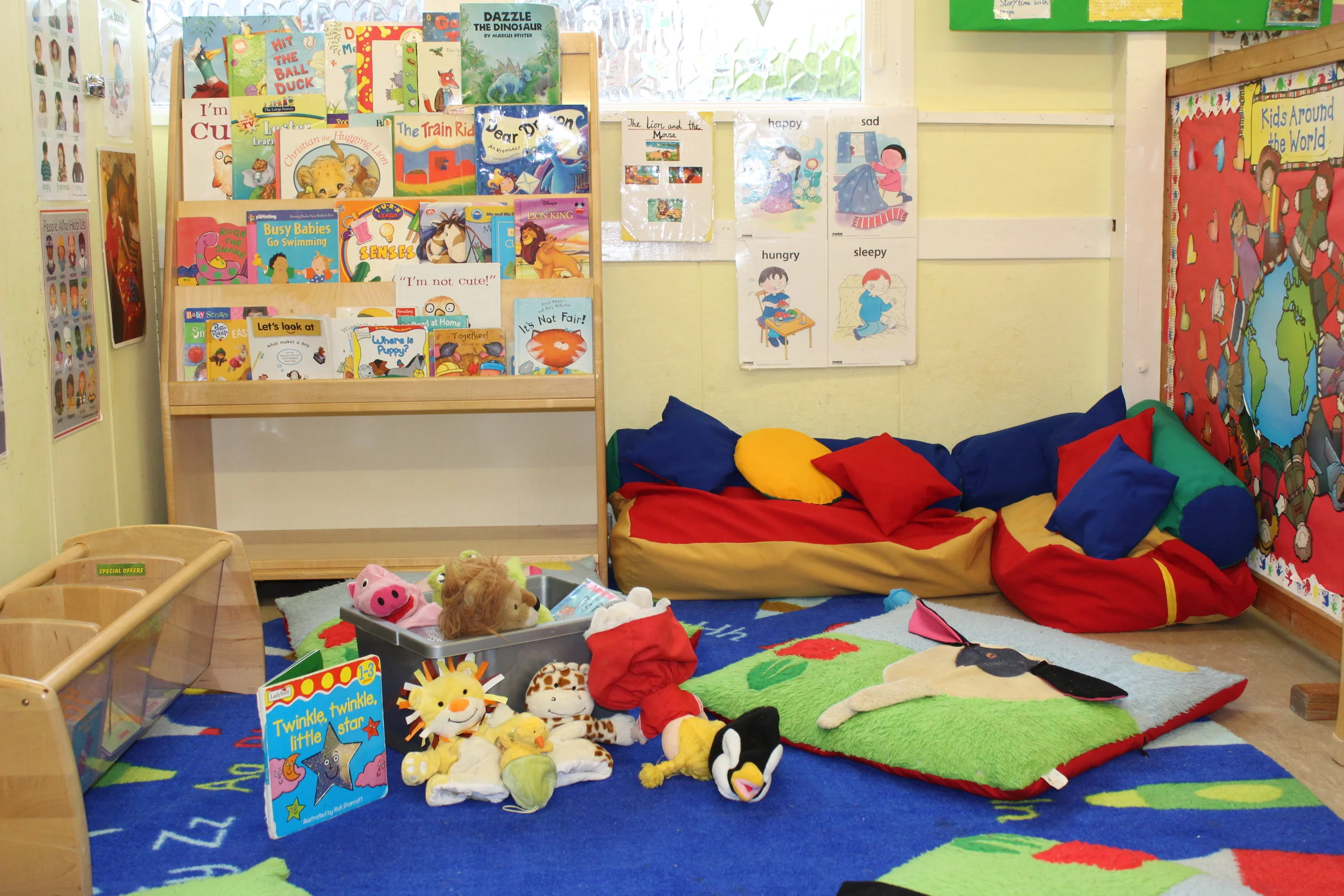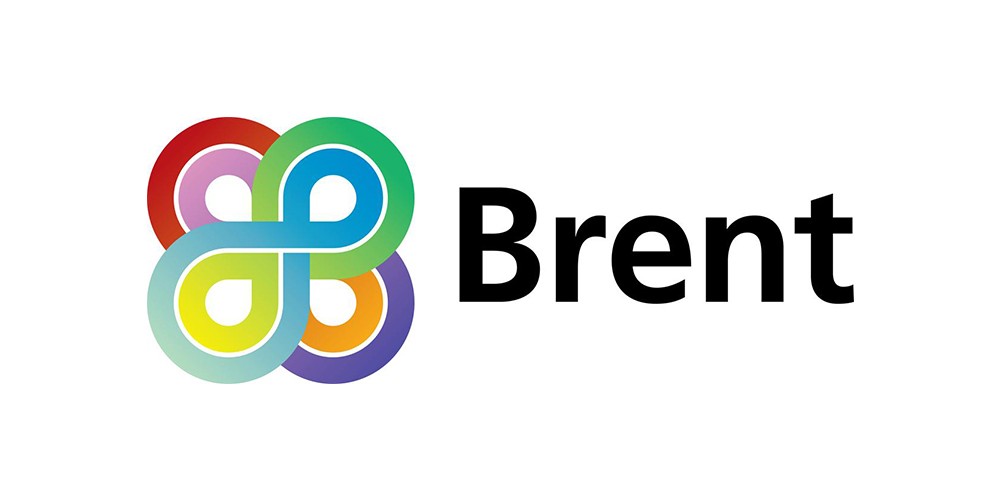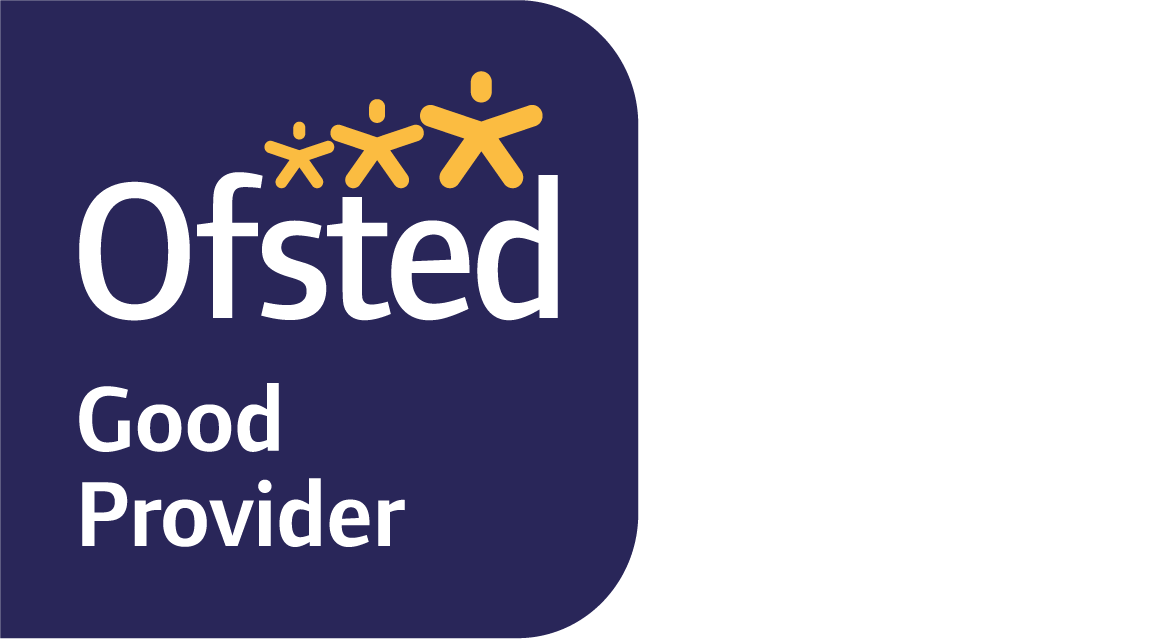Learning Journey
During their time at Windermere Nursery, each child has a member of staff assigned to them as their key worker.
A key worker is a qualified member of staff who is responsible for monitoring the progress of the children at the nursery; supporting and encouraging them where needed.
Every child at the nursery has their own portfolio of learning which is regularly updated by their key worker. The portfolio will include:
- Observations of your child's learning
- Records of their work
- Photos of your child/their work as they learn new skills
Communicating Progress:
If you have any questions about your child's progress, you are welcome to have a chat with their key worker or any member of the nursery staff.
We provide formal feedback in the following ways:
A six week settling in report and summary after your child joins the nursery.
Annually, we provide parents with two reports outlining your child's progress. These are issued in January and July.
When your child leaves the nursery, we provide a Leaving and Transition report.
Curriculum
The curriculum we implement at Windermere Nursery follows the (EYFS) Early Years Foundation Stage guidelines which promote the development of children’s learning through the seven areas of learning below:
The Three Prime Areas of Learning:
- Personal Social and Emotional Development
- Communication and Language
- Physical Development
Personal, Social and Emotional Development
Involves supporting children in developing a strong positive sense of themselves and of others; form strong attachments and relationships and develop respect for others to develop their social skills and learn how to effectively manage their feelings. This area also supports children in understanding appropriate behaviour and develops confidence in their own abilities.
Communication and Language
Involves children being provided with the opportunity to experience a language rich environment, develop confidence in expressing their wants, needs and feelings and to be able to speak and listen in a variety of contexts.
Physical Development
Involves children being encouraged to be interactive and active in their learning, develop control, coordination and movement. Children are supported in their understanding and the importance of physical activity and how to make informed healthy choices at snack/lunch times.
The Four Specific Areas of Learning:
- Literacy
- Mathematics
- Understanding of the World
- Expressive Arts and Design
Literacy
Encourages children to link sounds and letters and begin to read and write. Children are given access to a wide range of reading materials to develop their interest.
Mathematics
Encourages opportunities to develop and improve counting skills, understanding and using numbers, calculating simple addition and subtraction problems and to describe shapes, space and measures.
Understanding of the World
Involves supporting children in making sense of the world around them and their community by providing opportunities to explore, observe and find out about people, places, technology and the environment.
Expressive Arts and Design
Enables children to explore and play with a wide range of media and materials as well as encouraging the sharing of thoughts, ideas and feelings through a variety of activities in art, music, movement, dance, role-play and design and technology.
The EYFS is about enhancing your children’s learning experiences and is a play based curriculum. Our play opportunities are non-stereotypical and are available to all children promoting the teaching and learning from a skilled workforce.
When planning and guiding activities, practitioners will reflect on the different ways that children learn and ensure they utilise these within their practices:-
Playing and exploring: Supports children’s engagement and investigation and to experience things through being willing to ‘have a go!’
Active Learning: Supports children’s motivation to learn by helping develop their concentration, ability and will too keep trying when challenges occur and celebration of completing a task.
Creating and Thinking Critically: Supports children’s thinking skills through developing ideas, making links between differing ideas and create strategies for completing a task.




